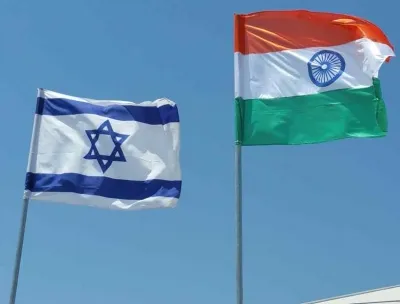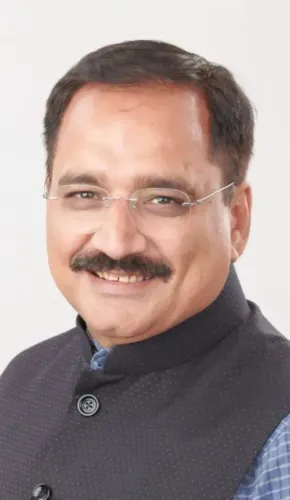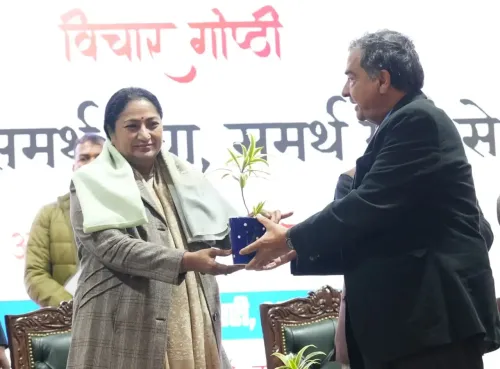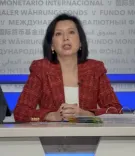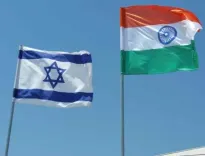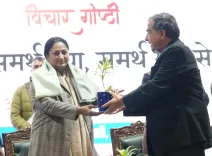Maharashtra Police and UNICEF Collaborate for Child-Centric Policing Model
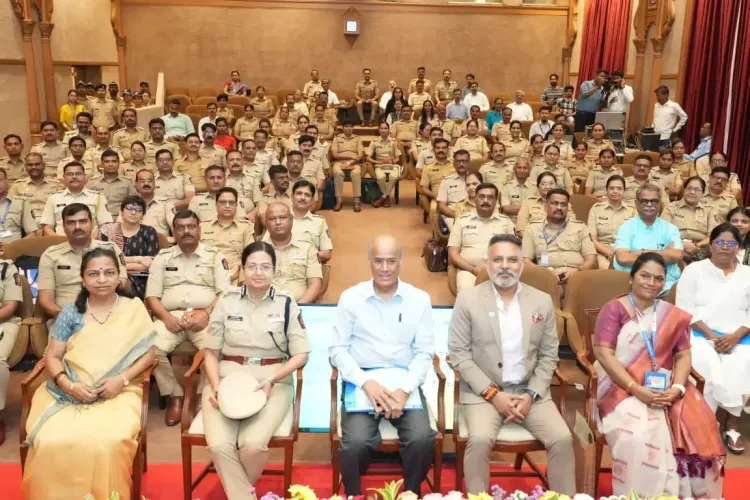
Synopsis
Key Takeaways
- Collaboration between Maharashtra Police and UNICEF
- Training for Special Juvenile Police Units
- Focus on child rights and protection
- Emphasis on prevention over response
- Launch of Child-Friendly Policing Initiative
Mumbai, March 27 (NationPress) Maharashtra Police, in partnership with UNICEF, has initiated a detailed training program for Special Juvenile Police Units (SJPUs) aimed at protecting the rights and well-being of children.
The one-day in-person training event held in Mumbai assembled key stakeholders to improve child-focused policing practices throughout the state.
This collaboration highlights a mutual commitment to establishing a secure and nurturing environment for children by enhancing the skills of police personnel involved with SJPUs. These units are crucial in implementing the Juvenile Justice (Care and Protection of Children) Act, 2015, along with other significant legislations such as the Protection of Children from Sexual Offences (POCSO) Act, 2012, and the Prohibition of Child Marriage Act, 2006, as stated by UNICEF Maharashtra in a release.
Former Director General of Police, Maharashtra, AN Roy, remarked: “Our culture has always emphasized the protection of children. In today's world, this responsibility lies with both the government and society. We have robust laws and strong regulations. We must utilize these to raise awareness. You, as a police officer, have the potential to significantly impact the lives of children who are victims or in conflict with the law. We can assist them in reforming, and the Special Juvenile Police Unit serves as a vital initiative for this.”
Aswathi Dorje, Additional Director General of Police (Prevention of Crime against Women and Children), stated, “Child-friendly policing is not merely a duty; it is our ethical obligation to ensure that every child feels safe, heard, and protected when interacting with the law.”
Sanjay Singh, Chief Field Office, UNICEF Maharashtra, emphasized: “Every child has the right to a childhood devoid of fear and harm. Strengthening Special Juvenile Police Units is essential for fostering a protective atmosphere where children's rights are respected, and their voices are acknowledged. Child-friendly policing is more about prevention than merely responding to crime.”
A program release stated that while progress has been made, challenges persist in effectively implementing child-centered frameworks.
“Limited resources, gaps in understanding juvenile justice principles, and inadequate knowledge of child protection systems have impeded optimal functioning. Recognizing these issues, this initiative aims to address them through specialized training that equips officers with the necessary skills and understanding to adopt child-friendly approaches,” it added.
The training concentrated on enriching participants' comprehension of child rights, protection frameworks, and the philosophy behind juvenile justice administration.
It also highlighted practical aspects of the JJ Act and POCSO Act, enabling officers to better manage cases involving Children in Conflict with the Law (CICL), Children in Need of Care and Protection (CNCP), and child victims. Interactive sessions included presentations, panel discussions, case studies, and role-playing exercises for experiential learning.
The event also marked the official launch of the Child-Friendly Policing Initiative, emphasizing the significance of collaboration between law enforcement and child protection authorities.
By encouraging cooperation among stakeholders, this initiative aspires to establish a robust support network for at-risk children. This training represents a monumental step towards transforming policing methodologies in Maharashtra, ensuring that every child receives care, dignity, and justice.


